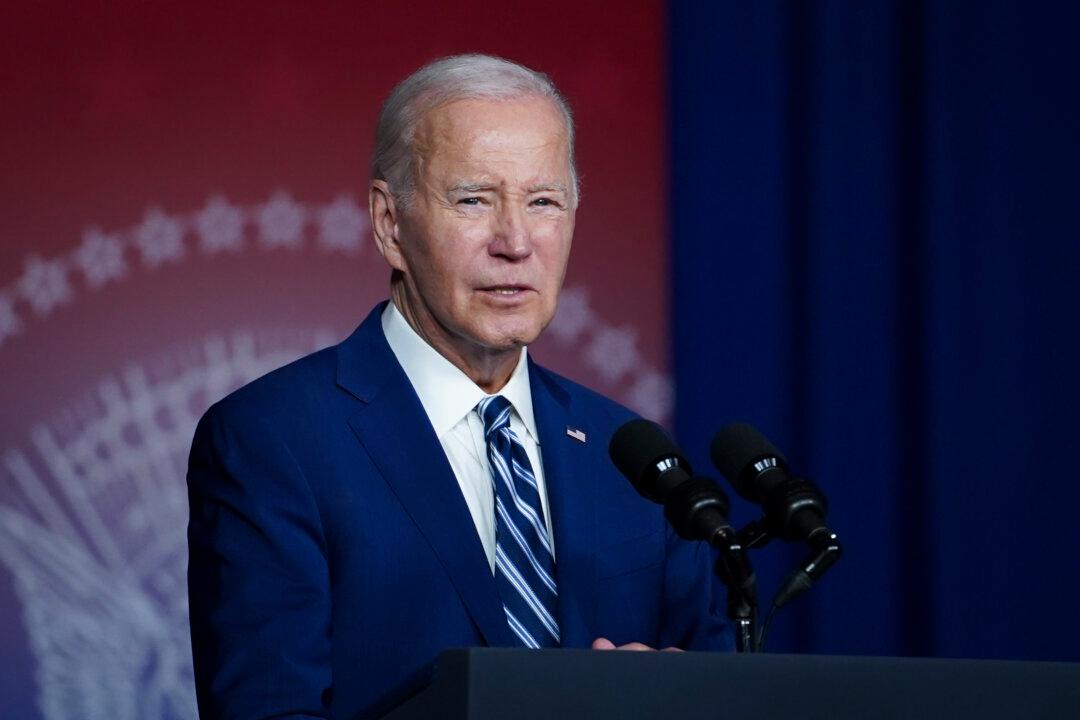President Joe Biden’s administration is giving more than $1 billion to companies for the development of better COVID-19 vaccines and drugs.
Under the administration’s Project NextGen, the U.S. Department of Health and Human Services (HHS) is awarding $1 billion to four companies to run phase two clinical trials on vaccine candidates that are hoped to perform better than the current vaccines, which don’t protect well against infection or hospitalization.





